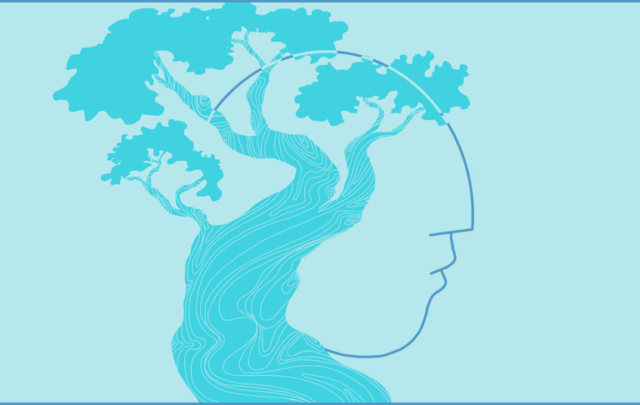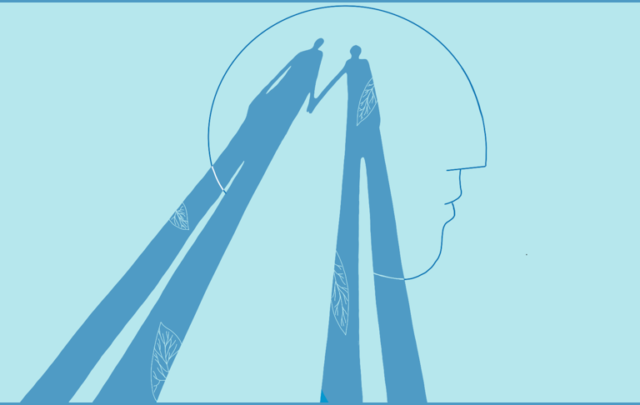Vikings, Phoenicians and the ‘Cultural Services’ of the Sea
Can cultural aesthetics be meaningfully quantified? And if so, can an ecosystem gain/lose value when cultural values shift?
June 3, 2015
Resilience Across Oceans: Helping Hands Linking Japan and Chile
Shared experiences of recovering from earthquakes and tsunamis have spanned oceans and connected communities, deepening their ties and fostering greater resilience.
May 29, 2014
Champions of Cumbria’s (Human) Landscapes
But why should we care about what happens to some sheep farmers in a remote corner of Britain, far from the front lines of catchier environmental stories like the disappearing Amazon rainforests, China’s sinking coastal cities, or rampant poaching to feed the illicit ivory trade?
December 12, 2013
Agricultural heritage across the millennia
Let’s turn the clock back 4,000 years. Woolly mammoths roam the Arctic tundra, Stonehenge is under construction, and the Sahara is still largely a vegetated savannah landscape. The entirety of humanity consists of just 27 million people — smaller than the population of today’s Tokyo metropolitan area. And at this time, somewhere in the ancient Sumerian city-state of Ur, a scribe is engraving a series of cuneiform tablets with what is now the world’s oldest known example of a legal code.
March 18, 2013
Deep roots of community resilience
Victor Hugo once wrote that “Religion, society, nature: these are the three struggles of man. These three conflicts are, at the same time, his three needs”. The literature and history of countries around the world seem to provide plenty of evidence to back up Hugo’s words. But in Japan, where prevailing Shinto and Buddhist beliefs are inextricably tied to nature, and traditional society was shaped around harmonious human-nature activities in satoyama landscapes, these three factors seem to have grown together and may provide some explanation for the tremendous resilience that communities in Japan’s Tohoku region have shown in the wake of the Great East Japan Earthquake and Tsunami of 2011.
August 13, 2012
Reversing desertification with livestock
Robert Blasiak from the UNU Institute of Advanced Studies had the opportunity to interview Allan Savory during several bus rides in Nairobi. Savory is a Zimbabwean-born biologist, farmer, game rancher, politician and international consultant and co-founder of the Savory Institute. He is credited with developing the “holistic management” framework back in the 1960s and has been leading anti-desertification efforts in Africa for decades now using a rather unorthodox approach of increasing the number of livestock on grasslands rather than fencing them off for conservation.
May 31, 2012



